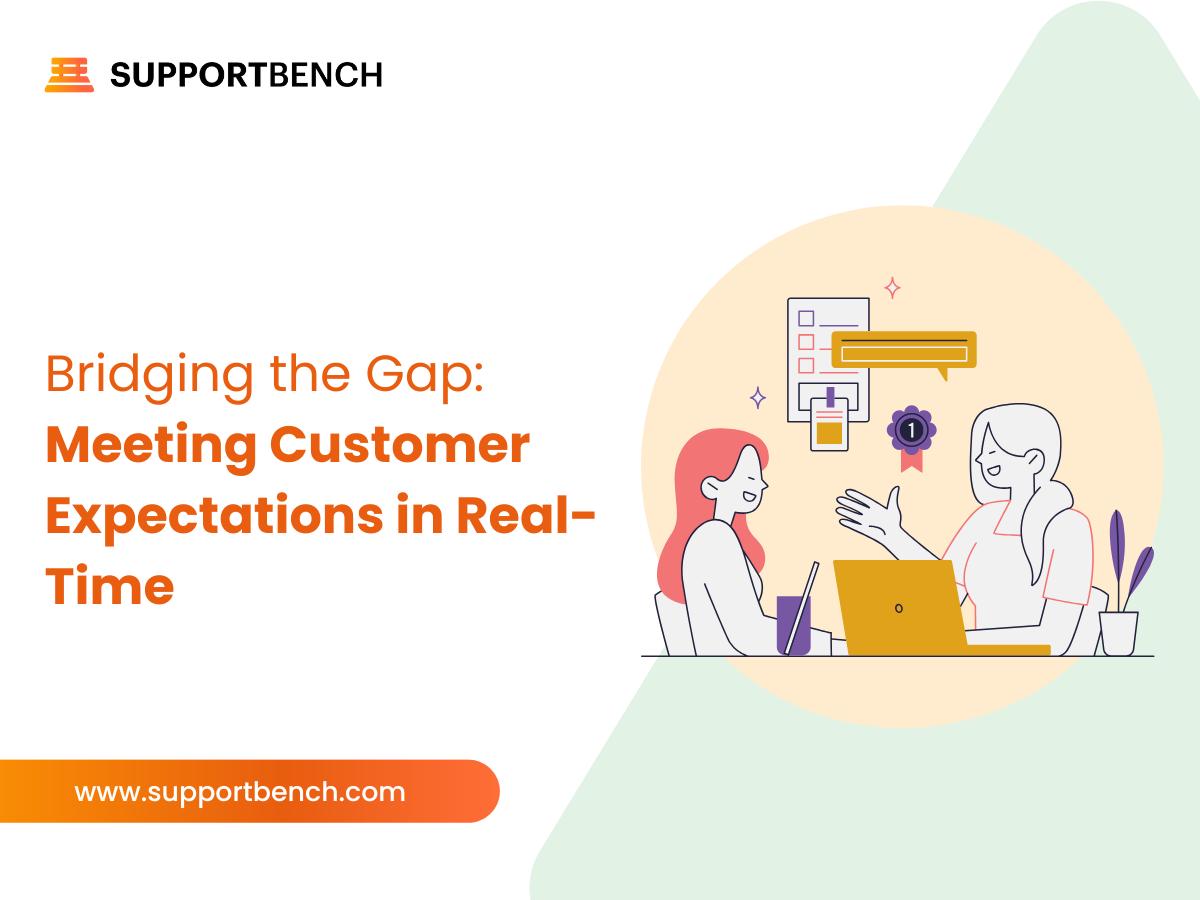In the ever-evolving world of technology, the fusion of Artificial Intelligence (AI) and customer support is reshaping how businesses interact with their clientele. With the sheer volume of data and interactions now available, AI provides the scaffolding to elevate customer service. While you may have heard of chatbots or sentiment analysis, the revolution of AI in customer support is only beginning. Let’s dive into ten audacious predictions about this union and how your enterprise can stay ahead.

1. Personalized Predictive Support
We predict customer support will be driven by personalized predictions where AI will predict issues even before customers encounter them. As AI systems continue to learn from a plethora of customer interactions, they’ll start to recognize patterns and preemptively address concerns. For instance, if a user is navigating a new software update, AI might send them a tutorial before they even realize they need it. By integrating customer health scoring based on individual experiences, Supportbench ensures a more tailored and predictive support process, enhancing customer satisfaction.
2. AI-Enhanced Voice Assistants for B2B Support
Voice assistants will not only serve B2C markets but will be an essential part of B2B support. With advancements in natural language processing, AI-powered voice assistants will be able to understand intricate technical jargon and provide real-time solutions in the B2B landscape. Emphasizing a seamless customer support experience, Supportbench is geared towards embracing such innovations, ensuring B2B interactions are as intuitive as their B2C counterparts.
3. Real-Time Emotional Analysis for Enhanced Support
Beyond just recognizing words, AI will interpret the emotion behind a customer’s voice or text. By analyzing the tone or word choice, AI will gauge a customer’s frustration or satisfaction level, enabling agents to adjust their approach in real time. With AI-driven sentiment and emotional scoring, Supportbench is at the forefront, ensuring that interactions are not just transactional, but emotionally resonant. And it’s so important to invest in emotion recognition tech. In fact, support leaders should start evaluating and incorporating emotion recognition technologies. While in its nascent stages, this technology has the potential to be a game-changer in understanding customer sentiments and providing empathetic support.
4. AI-driven Proactive Outreach
Instead of waiting for customers to reach out, AI will alert businesses about potential issues and prompt proactive outreach. By analyzing user behaviors, AI can predict when a client might face challenges, prompting the support team to reach out and assist proactively. Through its dynamic SLAs and customer health scoring, Supportbench ensures proactive and tailored customer experiences.
5. Evolved AI Tutors for Training Support Agents
AI will not only serve customers directly but will play a pivotal role in training customer support agents. With a vast database of problem-solving scenarios, AI can simulate customer interactions, training agents to handle a variety of issues effectively. Offering a KCS knowledge base, Supportbench provides a foundational platform that can be enriched further with AI-driven agent training tools. And we must all embrace AI-driven training simulations. Support leaders should begin to implement AI-driven training simulations, allowing their teams to experience and respond to myriad scenarios, honing their skills and enhancing customer interactions.
6. Integrative AI Platforms for Holistic Customer Views
AI platforms will integrate diverse data points, offering a 360-degree view of customers. This comprehensive perspective ensures that support agents understand the full spectrum of a customer’s journey, from purchase history to past interactions, enabling a more personalized service. With its 360-degree customer overviews, Supportbench already pioneers this holistic approach. It’s so beneficial to invest in Integrative AI Platforms. For a more thorough understanding of their clientele, support leaders should invest in platforms that collate and analyze diverse data points, ensuring more effective and tailored interactions.
7. Shift from Reactive to Predictive Support Analytics
The focus of analytics will shift from merely being reactive to being predictive, anticipating future challenges and trends. By evaluating data patterns, AI can forecast upcoming industry shifts, helping businesses adapt proactively. Supportbench’s data-driven optimization, with tools like KPI scorecards, positions businesses to stay ahead of the curve. To ensure future readiness, support leaders should adopt predictive analytic tools, allowing them to anticipate and address upcoming challenges and opportunities.
8. AI-Powered Self-Serve Portals
Customer support portals will become more interactive with AI, guiding customers to solve issues independently. By integrating AI into self-serve portals, customers will receive real-time, step-by-step guidance, reducing the need for agent intervention. With a fully customizable customer portal, Supportbench has laid the groundwork for this AI-driven self-service future. And to foster customer independence and reduce ticket volume, support leaders should upgrade their existing portals with AI-driven guidance tools.
9. Consolidation of Support Channels with AI
Instead of juggling multiple platforms, AI will consolidate support channels into one cohesive system. An integrated platform ensures consistent support, irrespective of whether a customer reaches out via chat, email, or voice. By offering tools like email management in one place and a chat widget, Supportbench epitomizes this consolidated approach. Support leaders should migrate to unified platforms, ensuring consistent and streamlined customer interactions across various channels.
10. AI as an Ethical Guardian
AI will monitor support interactions to ensure they align with ethical standards and company values. And, beyond solving issues, maintaining brand integrity and ethical standards is pivotal. AI can oversee interactions, ensuring they meet the set standards. By emphasizing seamless and personalized interactions, Supportbench inherently fosters ethical and resonant customer interactions.
“AI is not only the future of customer service but the present. Embrace it now or risk being left behind.” – Benioff Marc, CEO of Salesforce.
“In a world awash with data, AI-driven customer support is the lighthouse guiding businesses to customer satisfaction.” – Ginni Rometty, former Chairman, President, and CEO of IBM.
By integrating these predictions into their strategies, B2B enterprises can stay at the forefront of customer support evolution, ensuring not just satisfied customers but ambassadors for their brand. And while Supportbench is already integrating many of these innovations, the journey of AI in customer support is just beginning. The future is bright, and AI powers it.












